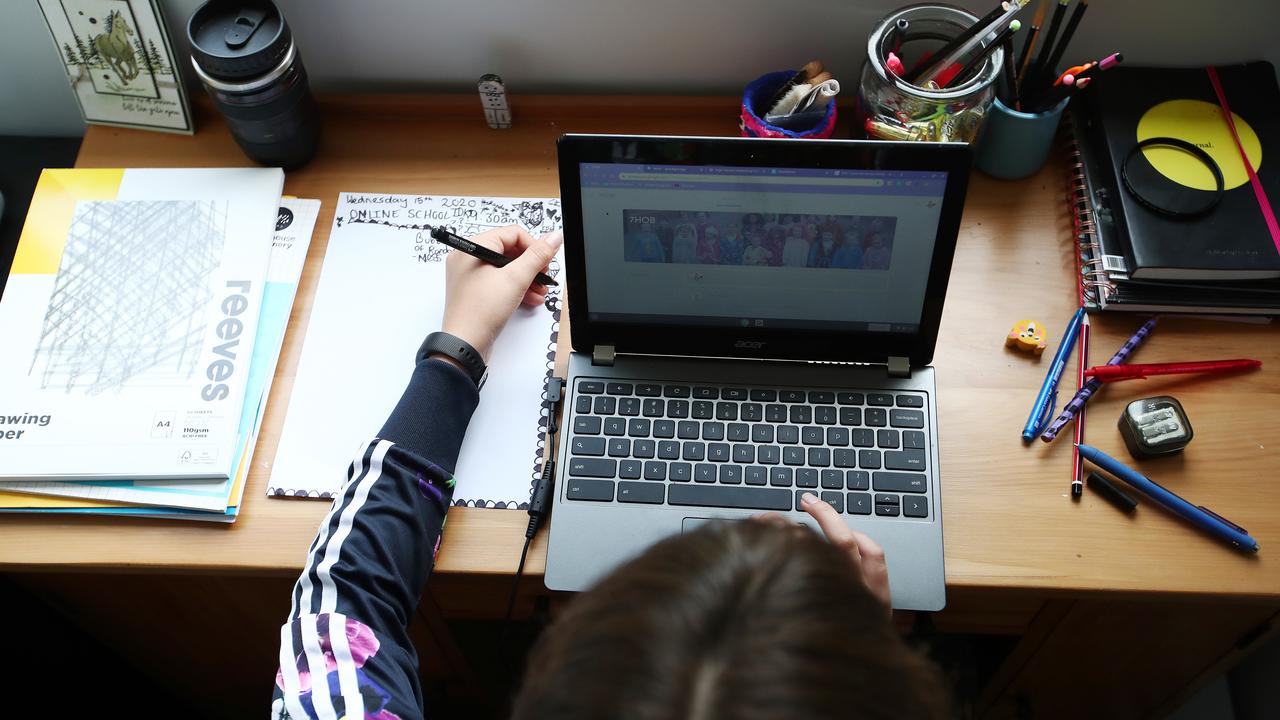Teen charged over alleged DDoS hack that took school district offline
In past years, kids might have faked being sick or simply not shown up to class – but the coronavirus pandemic has created a whole new way for them to wag school.
Forget about chucking sickies or simply wagging classes: the pandemic has given kids a whole new way to skip school.
A 16-year-old Florida boy is accused of shutting down his school district’s remote learning classes on no less than eight occasions.
According to the Miami Herald, the South Miami Senior High student has been accused of using an easy to use, widely available tool to take the Miami-Dade school district’s classes offline.
Last week it emerged the district had never signed its contract with for-profit education provider K12 to use its platform My School Online.
The contract was worth more than $US15 million ($A20 million), but the district hadn’t paid it before the attacks began.
RELATED: Porn pauses teen hacker’s hearing

RELATED: Building hiding China’s secrets uncovered
Early on Thursday morning, the home of the 16-year-old student was reportedly raided, at which point the attacks ceased.
It’s a pretty far cry from Ferris Bueller hacking into his school to change the amount of sick days he had on record: the teen allegedly used a tool called a Low Orbit Iron Cannon (LOIC) to stage a distributed denial of service (DDoS) attack, according to an arrest report obtained by the Herald.
The tool uses an array of computers to overwhelm the target system.
“It’s like if you own a restaurant and 1000 people show up without reservations and don’t order food, your real customers are going to arrive and suddenly, you have to sort out a huge mess,” cyber security firm Netography CEO Barrett Lyon told the paper.
He said the LOIC tool was the hacking equivalent of pulling a school’s fire alarm to make them evacuate: rudimentary and unsophisticated, but apparently enough to get the job done.
Many schools have moved classes partially or wholly online in response to the coronavirus pandemic.
RELATED: Elon Musk thanks worker who foiled 'serious attack'

RELATED: Hackers stole Australian defence data
The teen is accused of staging at least eight attacks, but there were dozens, with others showing links to Russia, Ukraine, Iraq, China and other countries, which Miami-Dade Schools Superintendent Alberto Carvalho (the one who reportedly failed to sign the aforementioned K12 contract) alleging they may have been purchased on the Dark Web.
The 16-year-old student has reportedly been hit with a felony charge of using a computer to attempt to defraud and a misdemeanour charge of interference with an educational institution.
In Australia, the move to online learning hasn’t been without incident either.
Last month students in the ACT were spammed with inappropriate content including pornography on the Google Classrooms platform.
It’s understood students were also behind that incident, after discovering email distribution lists that could be use to send emails to every kid in the territory’s school system by grade.



